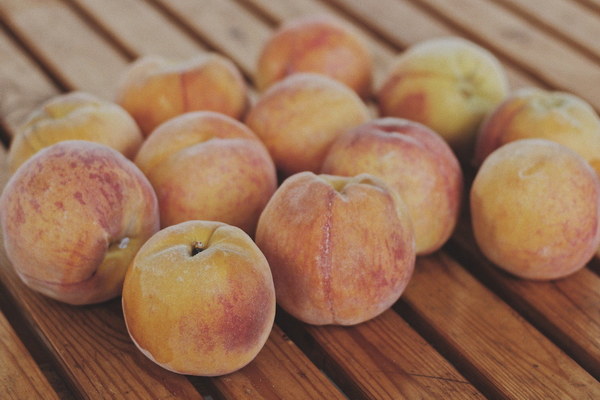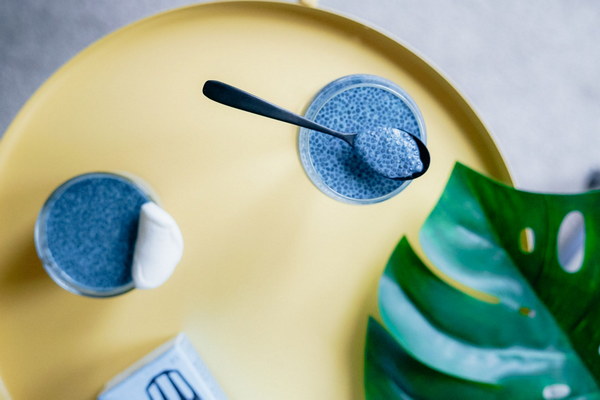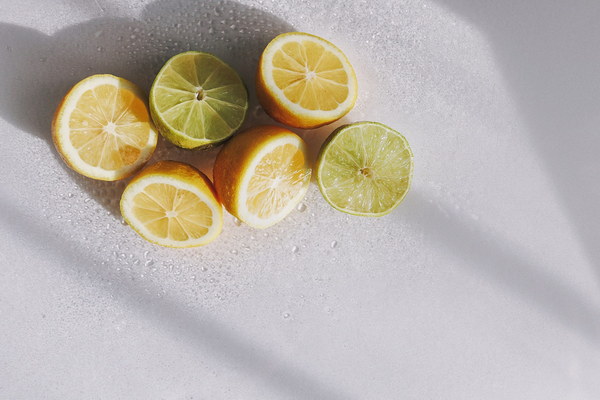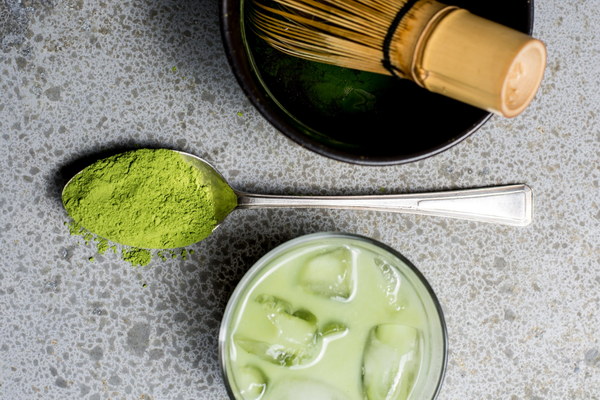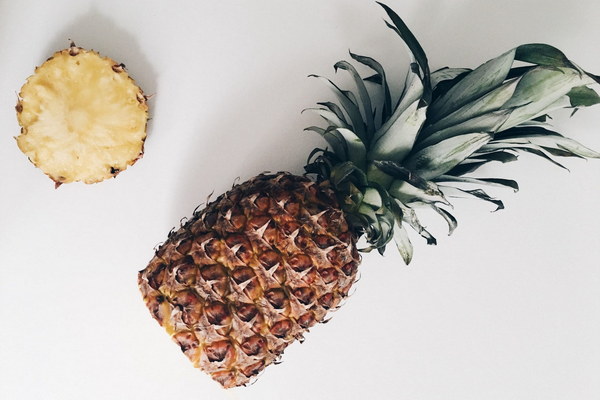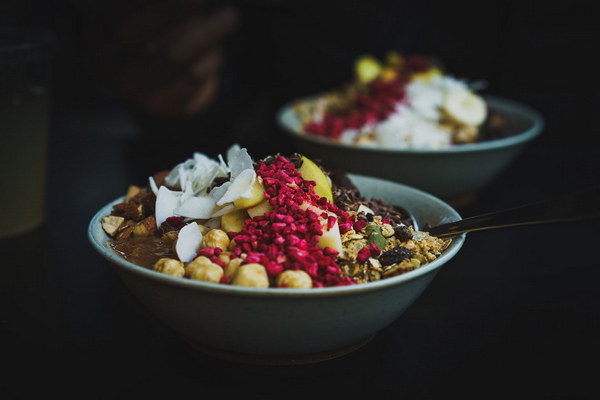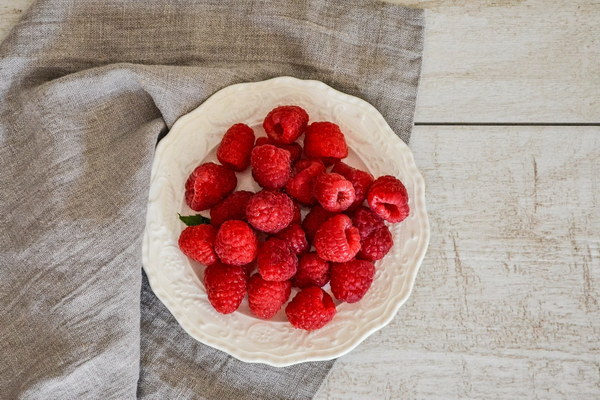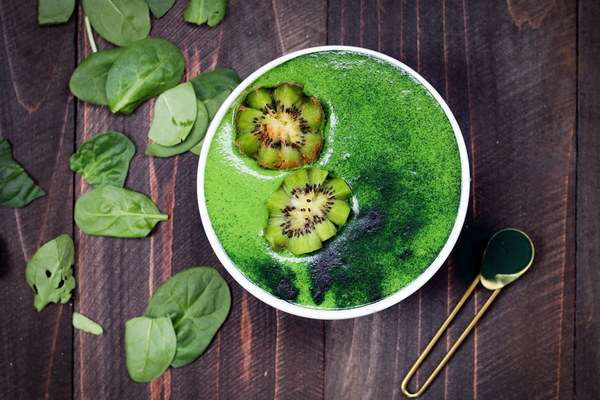Natural Remedies and Medications for Excessive Dampness in Traditional Chinese Medicine
In Traditional Chinese Medicine (TCM), the concept of dampness refers to an excess of dampness in the body, which can lead to various health issues. Excessive dampness is believed to be a common cause of discomfort and illness, and it is often associated with symptoms such as fatigue, weight gain, water retention, and digestive problems. To alleviate these symptoms, TCM practitioners recommend a variety of natural remedies and medications that can help to dry up the dampness and restore balance to the body. Here are some of the commonly used remedies and medications for treating excessive dampness in TCM:
1. Herbal Medicines:
- Atractylodes Macrocephala (Cang Zhu): This is one of the most commonly used herbs in TCM for dampness. It is believed to help transform dampness and improve digestion.
- Poria (Fu Ling): Poria is known for its ability to absorb dampness and promote urination, thus reducing fluid retention in the body.
- Cinnamon (Rou Gui): Cinnamon is used to warm the body and expel cold dampness, which is often associated with fatigue and cold limbs.
- Glycyrrhiza (Gan Cao): This herb is often used to harmonize the formula and mitigate the side effects of other herbs.
2. Dietary Adjustments:
- Reducing the intake of cold and raw foods, as they are believed to increase dampness in the body.
- Consuming more warm, cooked foods that can help to transform dampness.
- Including foods that are diuretic in nature, such as watermelon, cucumbers, and ginger.
3. Acupuncture and Moxibustion:
- Acupuncture involves inserting fine needles into specific points on the body to stimulate the flow of Qi (vital energy) and balance the body's Yin and Yang.
- Moxibustion is a technique where dried mugwort is burned near the skin's surface at specific acupuncture points to stimulate circulation and expel dampness.
4. Physical Activity:

- Regular exercise is recommended to increase circulation and promote the movement of Qi and fluids through the body.
- Activities such as Tai Chi or Qigong are particularly beneficial as they focus on breathing and body movement to balance the internal energies.
5. Other Medications:
- Pharmaceuticals: In some cases, Western medications may be prescribed to address specific symptoms associated with dampness, such as diuretics for water retention or digestive enzymes for improving digestion.
- Homeopathy: Some homeopathic remedies are also used in TCM to address dampness-related issues, such as Alumina or Calcarea carbonica.
It's important to note that the diagnosis and treatment of dampness in TCM are highly individualized. Practitioners will consider a person's unique constitution, lifestyle, and environment when creating a treatment plan. While some of the remedies mentioned above can be purchased over-the-counter, it is often best to consult with a qualified TCM practitioner to ensure that the treatment is appropriate for your specific condition.
In conclusion, treating excessive dampness in TCM involves a holistic approach that combines herbal medicine, dietary adjustments, physical activity, and sometimes other complementary therapies. By addressing the root cause of dampness, TCM aims to restore balance and improve overall health and well-being.
